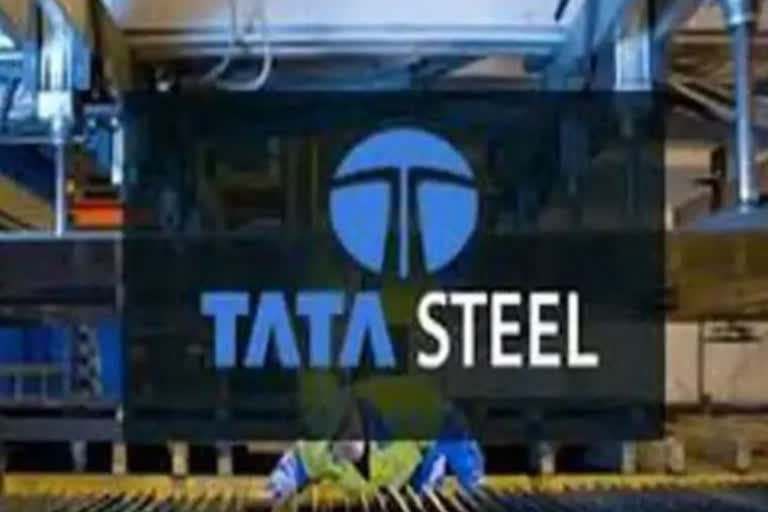Jamshedpur: Three production facilities of Tata Steel Monday received the ResponsibleSteel certification placing the country in the global decarborisation and sustainability map, officials said.
The Tata Steel site is the first to be certified and receive the first ResponsibleSteel certification in India, they said. Its steel works, tubes division and cold rolling mill (Bara) in Jamshedpur have joined an exclusive group of steel producing sites around the world to receive the certification.
ResponsibleSteel is the steel industry's first global multi-stakeholder standard and certification initiative that works with steel producers, consumers and intermediaries for building a sustainable steel industry by addressing pressing challenges including climate change, diversity, human rights and more.
Tata Steel CEO and Managing Director T V Narendran said, This is a historic moment for Tata Steel and an important step in our sustainability journey. Globally, the steel industry is at a critical juncture and the larger impact of how we produce and consume steel needs to be addressed urgently.
For Tata Steel, this has always been a very important part of our journey from when we first produced steel in Jamshedpur in 1912". The company, he said, will work towards achieving this recognition for all its production sites.
CEO of ResponsibleSteel, Annie Heaton said, "Tata Steel has demonstrated vision, commitment and has worked incredibly hard to achieve ResponsibleSteel certification for its Jamshedpur site, the first Tata Steel site to be certified and the first ResponsibleSteel certification in India. It isn't enough to only focus on reduced carbon emissions.
Certified sites must also ensure that they are fully aligned with other sustainability objectives in the standard, for example, ensuring good water stewardship, creating a healthy and safe workplace, safeguarding labour rights, and engaging with local communities and other stakeholders".
Tata Steel has been a member of ResponsibleSteel since October 2020. The century-old company has already announced its major sustainability objectives, including net zero carbon by 2045, net zero water consumption by 2030, improving the ambient air quality and no net loss in biodiversity by 2030. (PTI)



